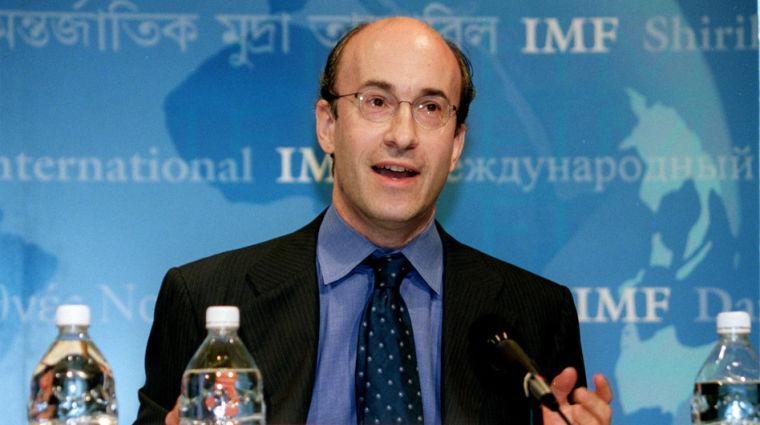Picture this: It’s 2007. After graduating with a degree in finance from Louisiana State University, you are now comfortably employed as an analyst at a mid-sized investment bank.
Now, fast-forward a year, and your fortune has taken an unfortunate turn for the worse — you’ve been “let go.”
Your unemployment, however, does not stem from poor performance or willful misconduct. Rather, it’s the consequence of something much greater, and every American is feeling the pinch.
Indeed, both the 2008 Global Financial Crisis and ensuing “Great Recession” have caused our nation to experience the worst economic conditions since the Great Depression, resulting in perpetually high unemployment significantly impeding growth.
Despite this unfortunate reality, there is no reason to overreact. The markets have dealt with crises before, and our lawmakers are certainly capable of restimulating the economy and helping put our unemployed back to work.
History, it turns out, did not repeat that pattern. Instead, our political process was hijacked by ideologues deep inside the Republican Party.
There’s no denying Republicans have changed American politics since they took control of the House of Representatives in 2010, especially regarding their influence on economic policy.
Over the past three years, Republicans have shifted the nation’s focus from helping the unemployed to placing spending restraint and debt reduction at the top of the national agenda.
Consequently, the primary factor driving economic policy has been debt delirium, the notion that unless we slash spending, we’ll turn into Greece or some other fiscally insolvent country in the Eurozone.
As I’ve expressed in many of my previous columns, these actions are not only misguided — they’re flat-out wrong and have consistently been proven bad policy on both sides of the Atlantic.
It’s apparent that Republicans simply won’t acknowledge this, or at least they don’t care. It’s as if they live in this intellectual bubble, which is sustained, of course, by selectively getting their news from Fox News and policy analysis from billionaire-backed right-wing think tanks.
Well, what happens when the only credible academic research paper, which has been cited by policy makers around the world as justification for slashing spending, turns out to be wrong?
This brings us to Carmen Reinhart and Kenneth Rogoff, the two eminent Harvard economists whose 2010 economic research paper, “Growth in a Time of Debt,” purported to identify a critical “threshold” for government indebtedness.
Their study, which found economic growth slows dramatically when a government’s debt exceeds 90 percent of a country’s gross domestic product, has arguably been the single biggest influence for policy makers’ call to shift from stimulus to austerity.
Last week, however, Thomas Herndon, a student at the University of Massachusetts Amherst’s doctoral program in economics, found serious problems with Reinhart and Rogoff’s austerity- justifying work.
More specifically, the Reinhart-Rogoff paper omitted data for five of its 19 countries and used the wrong data set for another country.
By correcting these errors, you get what other economists have found: a little correlation between high debt and low growth.
In other words, there is no empirical basis for slashing spending in the wake of mass unemployment.
So, where does that leave us?
The implications are loud and clear. A successful economic recovery necessitates a return to Keynesian economics, or more deficit spending coupled with lower taxes.
It’s the unemployed — not the deficit — preventing our economy from gaining traction.
Referring back to the earlier hypothetical, it’s our current policies preventing financial analysts, for instance, from being paired with investment banking jobs. In fact, the newly installed CEO of Citigroup recently announced it would cut its workforce by 11,000.
I like to think Republican lawmakers will acknowledge the error in their ways. But given their uncompromising and obstructionist agenda, it’s nearly impossible to do so.
Jay Meyers is a 20-year-old economics sophomore from Shreveport.





